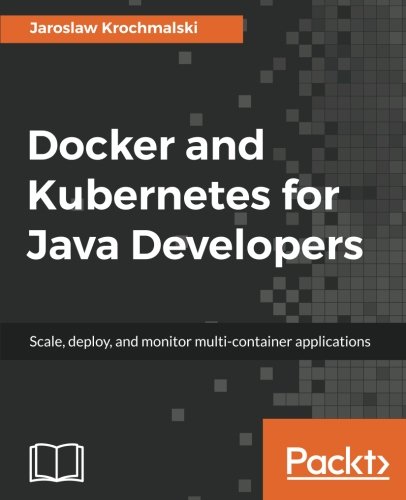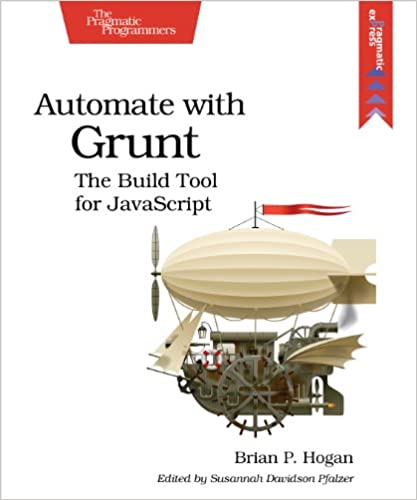; Date: Thu Apr 24 2008
Tags: OpenJDK »»»»
It seems the java world is in a bit of an uproar right now with a bit of news which I've seen blogged and newsed about in several places. First,
Ubuntu Hardy Heron (8.04; not 'Hardy Herron' as some have been spelling it, sigh) was released this morning, and it does include the OpenJDK. This is part of a larger effort to have several of Sun's products integrated with Ubuntu, and
Roman Stroble wrote about it in 'Java and NetBeans on Ubuntu 8.04'. It's really cool to see it there. Even though we've now had DLJ derived bundles in Ubuntu's Multiverse for 2 yrs now having real honest to goodness open source derived builds is so much better, and is a nice result to get to after the last two years of work since the initial announcement at JavaOne 2006. The goodness doesn't stop there as
Fedora is still planning to include OpenJDK derived builds in Fedora 9. And there are some hints other distros are beginning work on OpenJDK builds. Perhaps it will be a tsunami as cgwalters suggested? I just think that with the opportunity now for any open source operating system to pick up the OpenJDK, that Java has a bright future in the open source world.
"??Less Filling??" .. that's modern flotsom that popped into mind as I thought about the encumbrance issues. We are on the cusp of having the binary encumbrances cleared. While the OpenJDK represented a huge chunk of open source code, it was only 95% open source. The remaining bits coming from source we hadn't been able to open source. In the months since we've been working on replacement code or on gaining the rights sufficient to open source those encumbered pieces. And the last of those is on the verge of being resolved.
Source:
weblogs.java.net











